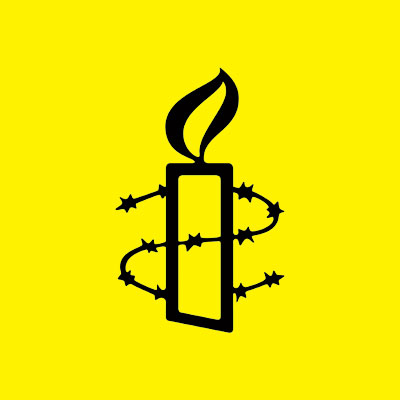News
AI claims govt. cracks down on dissent

The Amnesty International yesterday claimed that the Lankan government continued its crackdown on dissent, targeting multiple groups while impunity continued in a number of emblematic cases in 2021.
Al’s annual report on the state of the world’s human rights in 2021, released on Wednesday shows that in Sri Lanka excessive use of force and brutality by law enforcement officers were widely reported, and there were deaths in custody.
The report says: The UN Human Rights Council set up a mechanism to consolidate evidence of serious human rights violations for future prosecutions after the Sri Lankan government withdrew its support for transitional justice. Existing transitional justice mechanisms did not progress. The Prevention of Terrorism Act continued to be used to target critics from minority communities through arbitrary arrests and prolonged detention without judicial oversight. New regulations issued under the Act would effectively deny suspects a judicial hearing and force them to attend mandatory “rehabilitation”. Discrimination and marginalization of the Muslim community increased because of government policies specifically targeting them. The government failed to prioritize health workers, older populations, people with comorbidities or marginalized groups during its Covid-19 response.
The crackdown on dissent continued. The government targeted human rights defenders, journalists, lawyers, members of the opposition and criminal investigators and expanded its scope to include university students, academics, trade unionists and social media commentators. In May, the Secretary to the Ministry of Health issued an order threatening disciplinary action against health sector employees who spoke to the media about difficulties in tackling the Covid-19 pandemic.
There were protests over long-standing salary issues for teachers and principals. Demonstrators also called for the withdrawal of a controversial education bill; some activists were arrested, in some cases spending more than 75 days in detention.
In an online meeting organized by the Sri Lanka Judges Institute in August, judicial officers were given instructions by non-judicial officers on controlling public gatherings during the Covid-19 pandemic. The instructions followed widespread protests by trade unions, and the judicial officers reportedly felt pressured to deliver court orders preventing such protests.
The government announced law reform initiatives to regulate the work of NGOs, potentially hindering the right to freedom of association.
In emblematic cases which implicated members of the military or government supporters, either the suspects were acquitted or the cases were withdrawn by the Attorney General. Other cases failed to progress. The trial relating to the enforced disappearance in 2010 of journalist Prageeth Eknaligoda was postponed multiple times, owing in part to Covid-19 restrictions. Suspects in the 2005 assassination of Tamil MP Joseph Pararajasingham, including those from a government-aligned political party, were acquitted and the Attorney General’s Office did not indicate any interest in re-opening the investigation. Without publicly providing reasons for its decision, the Attorney General’s Office decided not to proceed with charges against Wasantha Karannagoda, a former Navy commander, over his alleged role in the enforced disappearance of 11 Tamils in 2008 and 2009. The Sri Lankan Navy is alleged to have been responsible for the forcible disappearance of the so-called “Navy 11”.
The UN Human Rights Council passed resolution 46/1 with a view to advancing accountability in Sri Lanka. The resolution established an international mechanism for OHCHR to collect, consolidate, analyse and preserve information and evidence and to develop strategies for future accountability processes for gross violations of human rights or serious violations of international humanitarian law.
Under the leadership of the controversial former Supreme Court judge Upali Abeyratne, the Office on Missing Persons (OMP) opened a new office in the North and announced plans to “verify” the 21,374 cases collated by its former members. By the end of the year, the OMP’s official caseload stood at 14,988, with no clear explanation for having dropped more than 6,000 missing persons cases. New members were appointed; there was lack of clarity over whether the leadership changed.